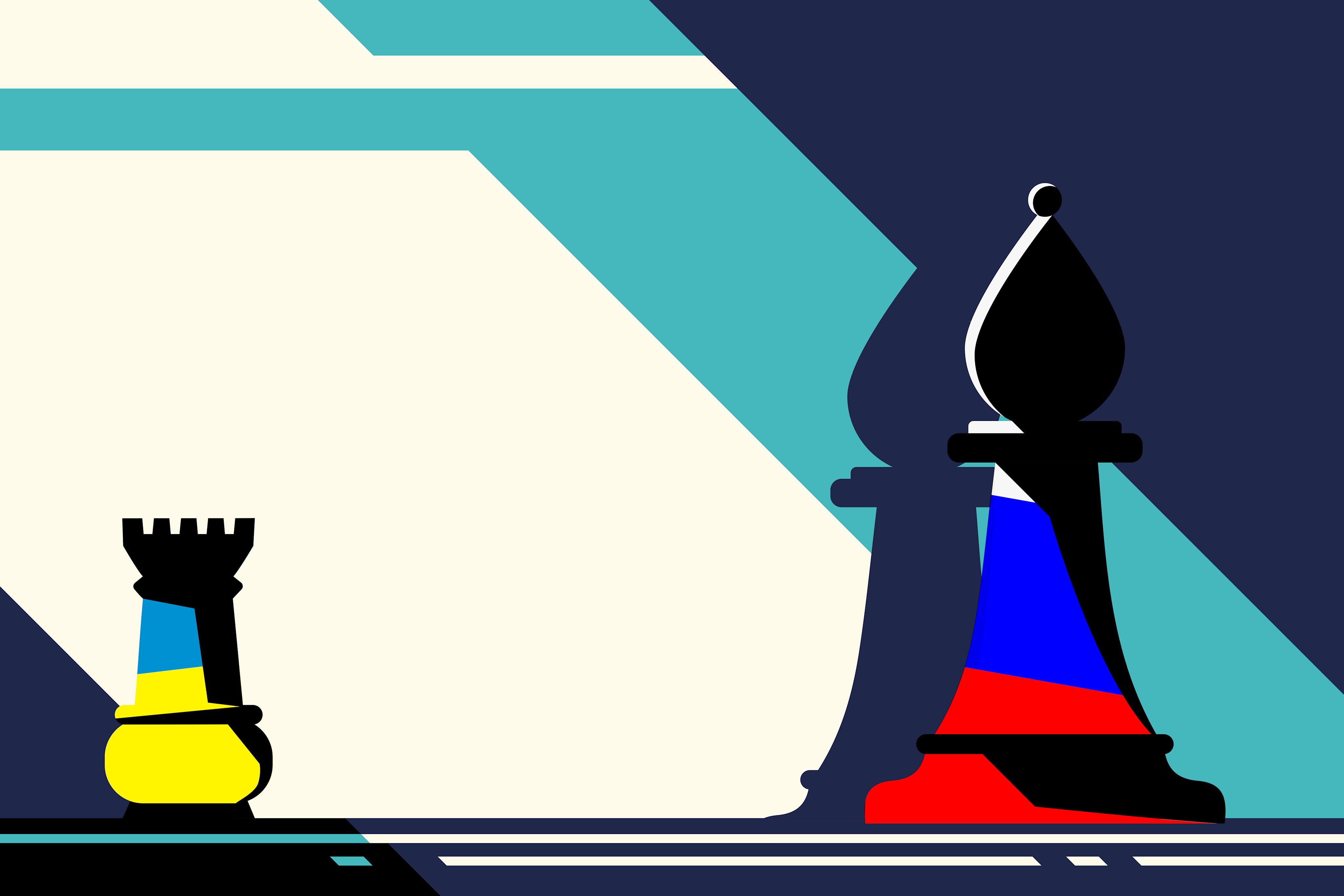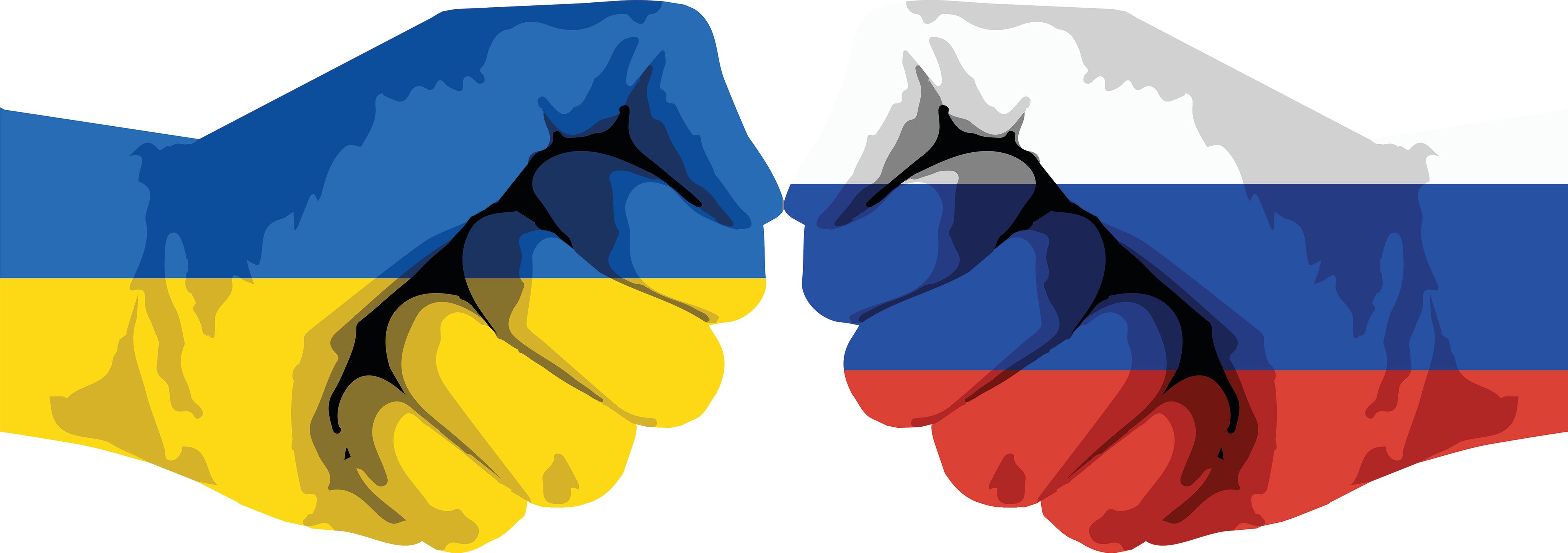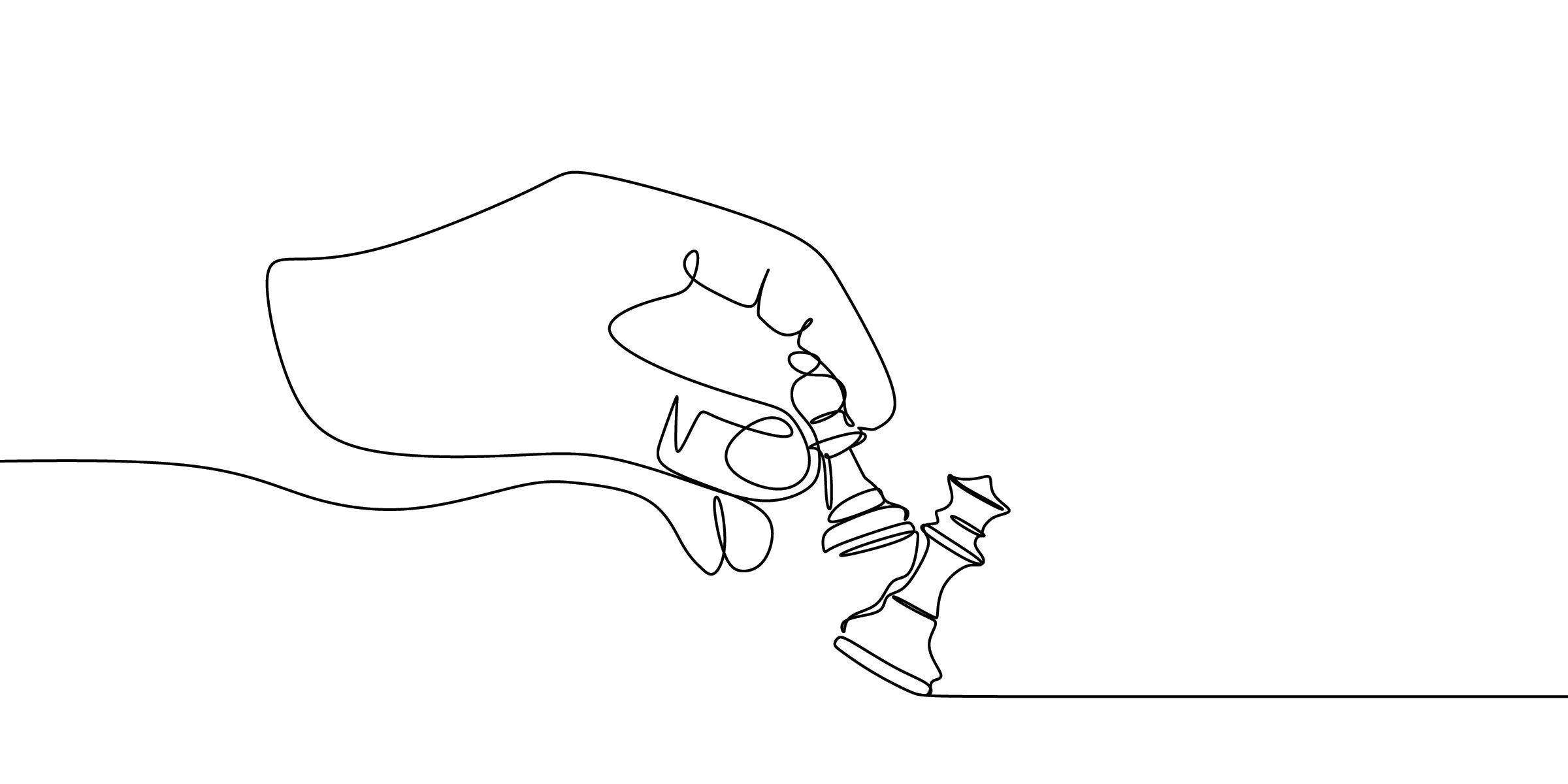Russia’s invasion of Ukraine and the worrying neo-colonial paradox
By Thomas Eymond-Laritaz, Founder & CEO of Highgate. Eymond-Laritaz has advised more than a dozen Presidents and Prime Ministers across the world, including in Ukraine

We are witnessing a fascinating and worrying geopolitical paradox in relation to the Russian war in Ukraine: the former Western colonial nations are supporting Ukraine’s fight for freedom and independence, whereas many countries that were once violently subjugated by foreign empires show implicit support for Russia’s neo-colonial agenda.
While the Americans and the Europeans have been loudly congratulating themselves on their unity and determination in support of Ukraine, few Western observers have been looking at the reaction of emerging markets beyond China or India.
At the UN General Assembly on 2 March, five out of 141 member states voted against a resolution condemning Russia’s invasion of Ukraine and calling for the immediate withdrawal of Russian forces while a further 35 abstained. On 7 April, 24 countries voted against Russia’s suspension from the UN Human Rights Council after reports of “gross and systematic violations and abuses of human rights”, and 58 abstained.
Despite of the extraordinary number of visual testimonies of Russian atrocities against Ukrainian civilians, more than 40 per cent of UN member states decided to side de facto with Russia in its attempt to recreate its empire. Paradoxically, the overwhelming majority of the countries that abstained or supported Russia were once invaded by Western empires and had pay a very heavy price for their own freedom and independence. How could they not share solidarity with Ukraine in its fight against and an imperial invasion?
The reason is that most emerging market countries believe that this is a war of influence between the West and Russia. 30 years after the fall of the Soviet Union, many in ‘the Global South’ feel growing resentment against the political, economic and cultural domination and arrogance of both Europe and America, and wish for a more multi-polar, fair and equitable world. Therefore, many sympathise with Russia and its attempt to oppose the West in Ukraine.

Many of my friends in Africa, Middle East and Asia told me that Russia was right to oppose American imperialism and its effort to extend its influence in Eastern Europe and in Ukraine. I wish I could agree with them, but the problem is that this narrative does not reflect at all the reality of the situation on the ground.
In the aftermath of the end of the Cold War, the West was very reluctant to extend Nato to Central and Eastern Europe. It only agreed to do so as a result of the relentless insistence and determination of Central and Eastern European countries that wanted to be protected against Russian threat and imperialism. These countries with their own experience of invasion by Russia going back centuries know only too well the violence and repression that come with it.
I do not know a more freedom-loving country in Europe than Ukraine, and it is no coincidence that its historical and mythical historical figure is the Cossack, a Turkish word meaning ‘free man’.
Ukraine is no exception. It was under partial occupation by Russia for most of the past three centuries. To control the country and assimilate it with Russia, Moscow forbade the use of Ukrainian language, killed and/or deported the local elites to Siberia and Central Asia, and even created an artificial famine killing four to five million Ukrainian people. The concepts of ‘one people’ and ‘brotherly nations’ were historically invented by Russia to justify its occupation and subjugation of Ukraine as part of its empire.
The more Moscow tried to suppress and subjugate those they like to pejoratively call ‘Little Russians’, the more the Ukrainians have fought for their freedom and independence. Today, most Ukrainians want to join the European Union and Nato to be free from Russian oppression. I do not know a more freedom-loving country in Europe than Ukraine, and it is no coincidence that its historical and mythical historical figure is the Cossack, a Turkish word meaning ‘free man’.
In 1991, 91per cent of Ukrainians voted in favour of independence and the end of the Soviet Union. 30 years later, in 2021, Ukrainians remained fiercely independent: only 1.3 per cent of Ukrainians identified themselves with Russia, 3 per cent believed that they belonged to a Russian cultural tradition, and only 10 per cent were in favour of Ukraine joining the Eurasian Economic Union led by Moscow[1].

By contrast, President Putin is promoting a traditional Russian imperialist vision. In July 2021, he published a text stating that Ukraine’s “true sovereignty is possible only in partnership with Russia”. For years, Russian state-controlled media have been dehumanising Ukrainians and explaining that Ukraine is not a country, laying the ground for the current mass killing of innocent Ukrainians. Two weeks ago, the largest Russian state news agency published an article calling for the extermination of Ukrainians and the destruction of the Ukrainian state.
(https://ria.ru/20220403/ukraina-1781469605.html)
Russian imperialism reminds us of the atrocities committed by Western Europeans in their respective colonies one or two centuries ago. The heroic struggles for independence of the former colonised nations inspired and impressed the world. We thought imperialism was dead. It is not. It is high time that the former victims of Western imperialism recognised Russia’s war in Ukraine for what it is: an effort to rebuild a lost empire by brutal force and an attempt to subjugate a free and independent country.
It is high time to understand that no amount of propaganda by Moscow can justify the widely reported bombings of residential areas, the shootings of evacuation convoys, the killing of innocent children, the rape of women, and the cold-blooded executions of civilians with their hands tied behind their backs.
It is high time to realise that Ukraine’s resistance is not America’s war, but simply an unshakable determination of the Ukrainian people to defend their land and their freedom, and their rejection of foreign domination. It is high time to comprehend that Ukraine’s fight is the same fight so many nations in the world had to do in the past to gain freedom and independence from Western empires, and that it should be supported.
It is high time to read again the wise message of Ambassador Martin Kimani, who represents Kenya on the United Nations Security Council. Two days before the start of the war, on 22 February, on the question of the recognition of DNR and LNR by Russia, he declared the following:
“This situation echoes our history. Kenya and almost every African country was birthed by the ending of empires. Our borders were not of our own drawing, they were drawn in the distant colonial metropoles of London, Paris and Lisbon, with no regards for the ancient nations that they cleaved apart. Today, across the border of every single African country, live our countrymen with whom we share deep historical, cultural and linguistic bonds. Our independence, had we chosen to pursue states on the basis of ethnic, racial or religious homogeneity, we would still be waging bloody wars these many decades later. Instead, we agreed that we would settle for the borders that we inherited. But we would still pursue continental political, economic, and legal integration. Rather than form nations that looked ever backward into history with a dangerous nostalgia, we chose to look forward to a greatness none of our many nations and peoples had ever known. We chose to follow the rules of the organisation of African Unity and the United Nations charter, not because our borders satisfied us, but because we wanted something greater, forged in peace. We believe that all states formed from empires that have collapsed or retreated have many peoples in them earning for integration with peoples in neighbouring states. This is normal and understandable. After all, who does not want to be joined to their friends, and to make common purpose with them? However, Kenya rejects such a yearning from being pursued by force, we must complete our recovery from the embers of dead empires in a way that does not plunge us back into new forms of domination and oppression.” (https://www.youtube.com/watch?v=ZxZlaiuicYM)
Highgate is a global advisory firm operating at the intersection of communications, business strategy, intelligence and politics.
Their team of senior consultants advise CEOs, political leaders and prominent individuals on high-stakes issues.
